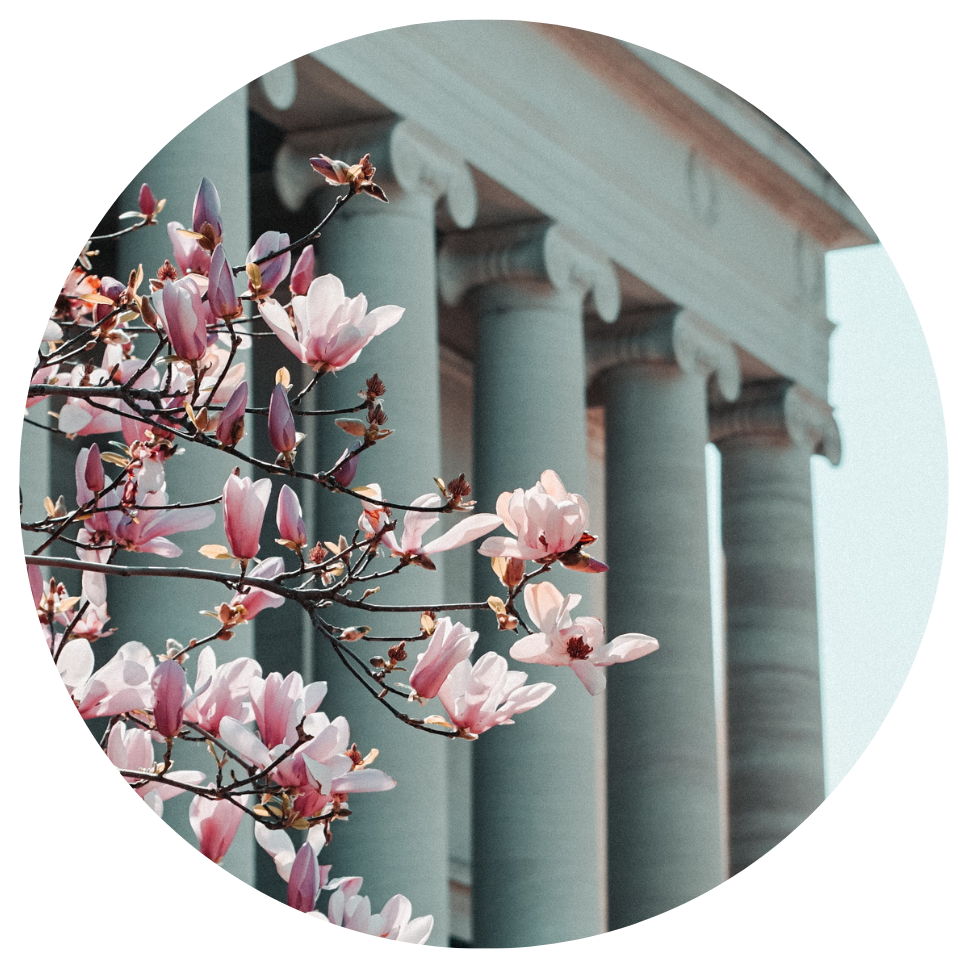
About Us
Guided by Freedman Consulting’s mission to work on issues that improve the world, our Washington D.C.-, New York-, and California-based teams bring their diverse experience in politics, policy, media, nonprofits, and philanthropy to support our clients.

Our Values
Freedman Consulting aims to solve the hardest problems that matter most to people and to uncover emerging issues that demand new thinking. We bring creative and strategic ideas as energized partners, using our team’s experience and knowledge to ground our work in each client’s public-interest goals and drive impact.
We are committed to learning, to the growth of our team and partners, and to the understanding that a diverse and inclusive culture is the only way to gain and provide the insight needed to solve the world’s toughest challenges. We approach our work with confidence, humility, and with a wide range of experience that is always open to other perspectives.
For over twenty years, we have held that the quality of the work is our best advertising, meeting the highest standards of excellence, while working on increasingly ambitious efforts to change the world.
